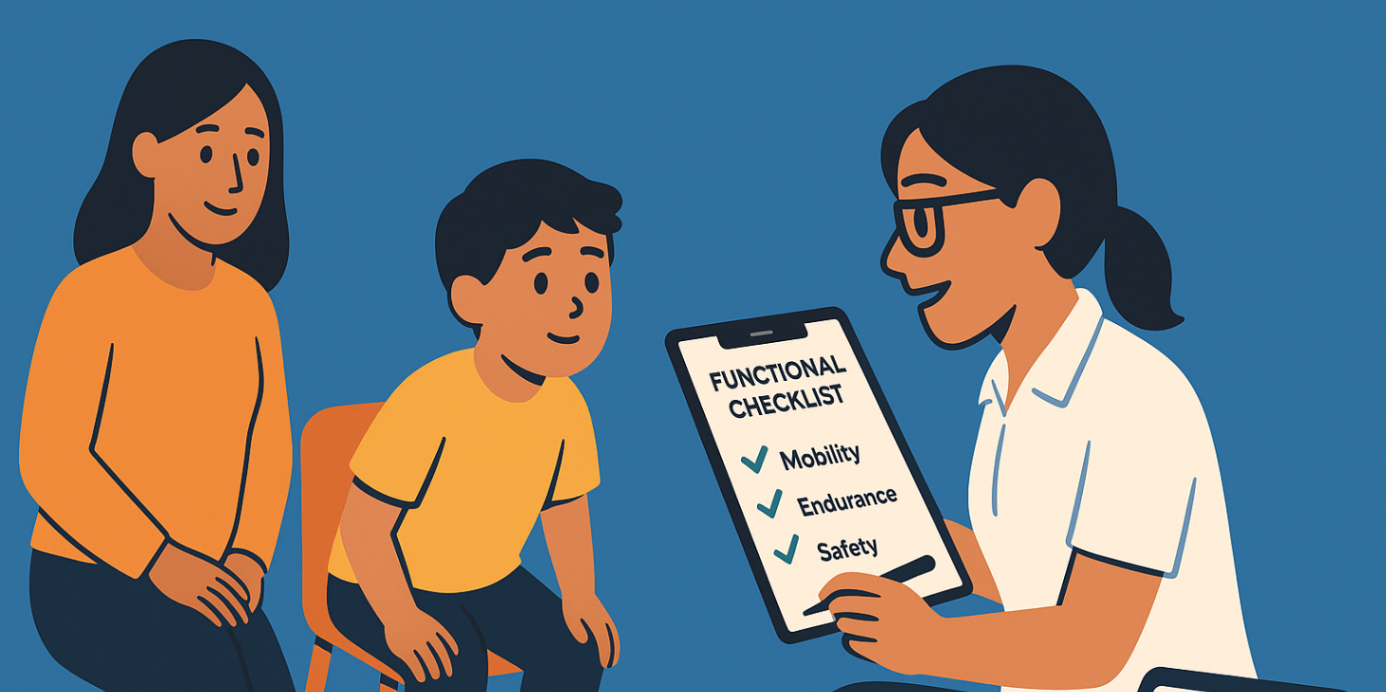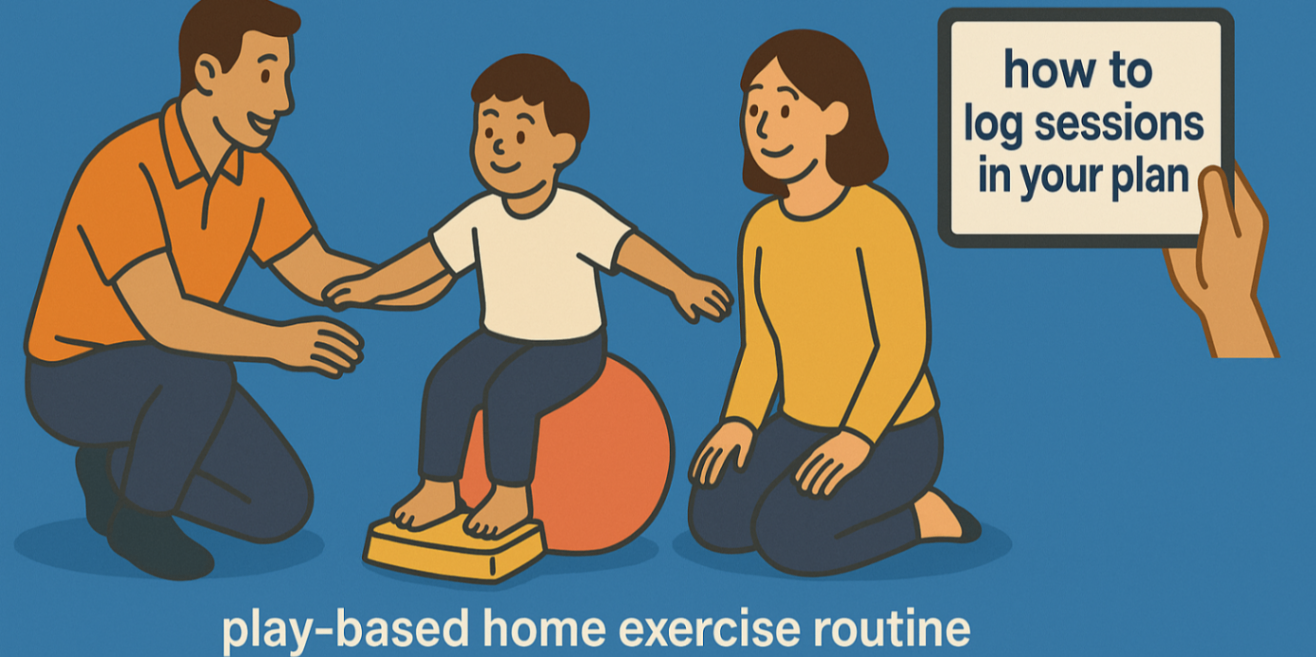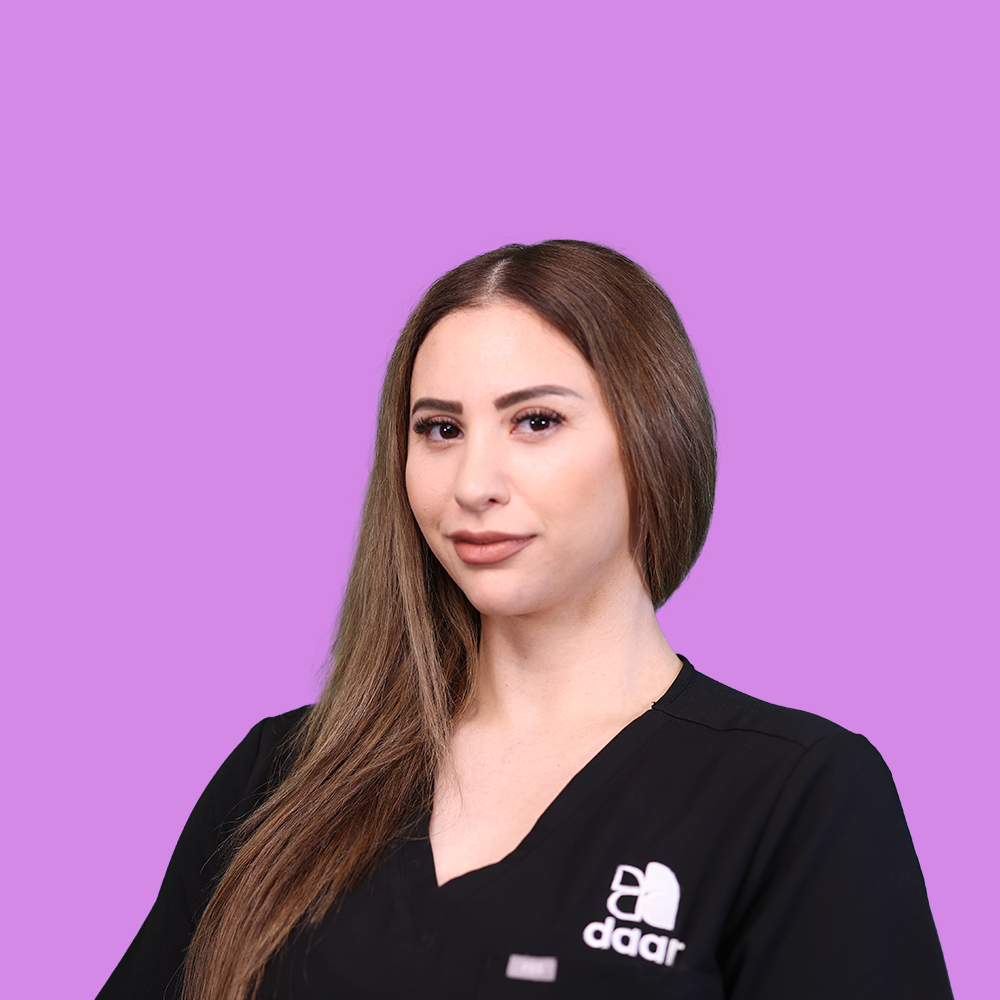
ndis paediatric exercise physiology: what parents should know
21 August, 2025
Introduction
Physical activity helps every child grow in body, mind, and with other people. But now, many kids do not get enough movement each day. Kids with disabilities may find it more hard to join physical activities. NDIS paediatric exercise physiology can help with this. It gives a special approach by making exercise programs that fit your child. These programs help your child feel better, be more sure of themselves, and make their quality of life better. This all happens with help from the NDIS. According to experts, current guidelines recommend that children and young people aged 5–17 years should get at least 60 minutes of moderate to vigorous physical activity every day. This daily movement helps improve their physical health, mental wellbeing, and social skills.
Key Highlights
-
Paediatric exercise physiologists design evidence-based programs to support your child’s development.
-
Targeted physical activity helps children reach developmental milestones and improve motor skills.
-
Your child’s NDIS plan may include funding for these services under Capacity Building.
-
Exercise physiology can improve a child’s physical and mental health.
-
The goal is to foster a lifelong healthy lifestyle through enjoyable and attainable exercise.
-
These programs build confidence, social skills, and emotional regulation.
When exercise physiology is useful for children under NDIS

Paediatric exercise physiology can help your child if they need more support to join in with physical activity at school, at home, or out in the community. If you see that your child has a hard time with coordination, balance, or keeping up their energy, an exercise physiologist can step in with the right kind of help. Their skills are there to help close the gap between what your child can do now and what they want to be able to do as they grow.
Using NDIS funding for these services can really make a difference. It helps make plans and programs that are based on good evidence and designed just for your child. These programs help your child gain new skills and feel more sure of themselves. The main goal is to help your child enjoy physical activity so it becomes a fun part of the day, at home or anywhere they are. This is good for both their body and their mind.
If you want to know more about this part of physiology, it is good to look into what paediatric exercise physiology covers and what an exercise physiologist does with the help from NDIS.
What Is Paediatric Exercise Physiology?
Paediatric exercise physiology is about helping kids get healthier by using exercise and movement. The field uses science and facts to guide each step, so all activities are proven to work. The main aim is to help with child’s development, boost how well kids can move, and make their quality of life better with physical activity.
This work is not the same as regular fitness for kids. People in this field look at the unique history, strengths, and goals of each child. For healthy children, experts use exercise physiology to help the child get set for an active life. For children who have developmental delays or ongoing health problems, the right exercise programs help them find new ways to join in everyday life and beat some of the physical challenges they face.
Exercise physiologists know how the body changes when children grow. They use physiology knowledge to build safe and fun exercise programs that work for kids. These special exercise programs help children move better, get stronger, and believe in what they can do. This helps them to have a good time in day-to-day life, adds to their child’s development and improves their quality of life with each activity.
Not sure if you need a diagnostic report to include exercise physiology in your plan? Start with NDIS Exercise Physiology: Do You Need a Diagnosis? to understand the paperwork and, if needed, book a consultation to discuss gathering the right evidence for your child's case.
What does a paediatric exercise physiologist do?
A paediatric exercise physiologist works right with children, as well as their families, to help make exercise something that anyone can do and actually enjoy. The work is hands-on and supportive. The main goal is to help children feel good about moving. They use their skills to set up exercise programs that are not just helpful, but also fun. This makes it more likely the kids will stick with it long-term.
The work they do is not just about exercise. They also focus on physical activity education and lifestyle coaching. They help parents with ideas to get their children to move more. The physiologist works together with teachers and carers so that everyone is on the same page. This capacity building really helps children add these healthy habits to their day.
A paediatric exercise physiologist’s main jobs usually are:
-
Looking at a child's current physical skills and needs.
-
Making tailored exercise programs to meet set goals.
-
Giving education and ongoing support to the child and their family.
-
Watching how the child is doing and making changes to exercise programs so the child keeps getting better.
Services Provided by NDIS-Registered Paediatric Exercise Physiologists

NDIS-registered paediatric exercise physiologists offer a wide range of services designed to address the specific goals outlined in your child’s NDIS plan. These services are centered around exercise prescription, but they extend to building crucial life skills. Through tailored physical activity, a child can improve not just their strength and coordination but also their social skills and confidence, which are vital for community participation. The focus is always on making progress toward a healthier lifestyle.
The interventions are holistic, targeting various aspects of a child’s well-being. For example, a program might help with emotional regulation by providing physical outlets for sensory needs, or it could foster social development through group activities that encourage turn-taking and communication.
|
Skill Area |
How Exercise Physiology Helps |
|---|---|
|
Gross Motor Skills |
Improves balance, coordination, jumping, running, and sports-specific skills like throwing and catching. |
|
Physical Capacity |
Builds endurance, core strength, and posture to reduce fatigue and support daily movements. |
|
Community Participation |
Boosts confidence and body awareness to engage in school sports, playground activities, and community events. |
|
Emotional Regulation |
Provides strategies and tailored exercises to meet sensory needs and help manage emotions effectively. |
|
Social Skills |
Facilitates learning of turn-taking, following instructions, and awareness of others through structured group sessions. |
Pathways to accessing EP under NDIS and public systems
Accessing paediatric exercise physiology for your child can be done in a few ways. If your child is an NDIS participant, you can often use NDIS funding for exercise physiology services. This money usually comes from the "Capacity Building" part of their NDIS plan. The main areas for funding are "Improved Health and Wellbeing" and "Improved Daily Living."
If your child is not in the NDIS, you may get help through your private health fund. It depends on what is covered for allied health and physiology. To start, talk with a clinic or an exercise physiologist. They can look at your child’s NDIS plan or talk to you about ways to pay out of pocket. Their advice can help you use your available funding or ndis funding in the best way and set up strong exercise programs.
Want a clear roadmap on evidence, referrals and what the NDIS looks for when approving exercise physiology? Check NDIS-Funded Exercise Physiology — Eligibility & Process for practical next steps.
Assessment components and outcome measures EPs use
The first step in making a good exercise plan is a full check-up. A paediatric exercise physiologist will look at your child's physical health, medical history, and what you hope to achieve. This first check is needed to create a safe and personal exercise prescription. It helps the clinician focus on things like developmental delay or other challenges your child may have.
In this assessment, the clinician looks at several things. It is not just about finding out how strong your child is. The clinician takes a wider look at how your child moves, what they can do, and how they work through simple activities. All of this information helps set a starting point, so you can see progress later on. The notes and results from this part are important for NDIS reporting, too.
Key parts of the assessment may include:
-
Checking big and small motor skills.
-
Doing tests of cardiovascular fitness, strength, and flexibility.
-
Looking at how your child moves when walking, running, or climbing.
-
Talking about goals, reasons for wanting to do physical activity, and things that make it hard to be active.
-
Using standard outcome measures to track capacity building over time.
Conditions Supported Through NDIS Paediatric Exercise Physiology
NDIS paediatric exercise physiology can help many children with different needs. If your child has a neurodevelopmental disorder like Autism Spectrum Disorder (ASD) or Attention Deficit Hyperactivity Disorder (ADHD), a tailored program can help. This may make it easier for your child to manage different senses, pay attention, and talk or play with other people. When children have neurological problems such as Cerebral Palsy or genetic issues such as Down Syndrome, these programs can help, too. They can get better at moving, become stronger, and gain more independence. This support can help your child reach important developmental milestones.
Help is not just for neurological or developmental issues. Paediatric exercise physiology can support children with chronic diseases like asthma or cystic fibrosis. It can help improve breathing and fitness. The programs also help if your child has trouble with fundamental movement skills, joint hypermobility, or coordination. With better core physical skills, your child can take part in all areas of life with more confidence.
The exercise physiology that is part of the ndis gives many children the chance to try new things, use their bodies in better ways, and work towards better fitness and well-being. By focusing on mobility and coordination, every child gets support for a good and fuller life.
Learn how exercise physiology translates clinical assessment into measurable health and participation goals — read Understanding NDIS Exercise Physiology for Your Health .
Conclusion
Understanding NDIS paediatric exercise physiology is important for parents who want to help their kids stay healthy and feel good. With the right exercise programs, the children can get better at moving and improve their quality of life. Getting these exercise physiology services through the NDIS can look hard at first, but knowing the steps will help you as a parent to find the help the children need.
Get a personalised assessment that turns clinical goals into a realistic home and school program tailored to your child. Book a consultation now and our clinicians will outline likely outcomes, frequency options and the most efficient funding pathway for your NDIS plan.
Frequently Asked Questions
How do parents access NDIS funding for paediatric exercise physiology?
To use these services, look at your child's ndis plan. Check if there is money in the capacity building supports section. This could be listed as ‘Improved Health and Wellbeing’ or ‘Improved Daily Living.’ You can talk to a paediatric exercise physiologist or a support coordinator to find out if your ndis funding will cover it.
How are children’s needs assessed for exercise programs under the NDIS?
A clinician takes time to get to know your child when starting out. The clinician will look at their medical history, how they move, their fitness, and what goals they have. These things help the clinician figure out your child’s motor skills and what they need. This information is used to make a program that is made just for your child. The goal is to help them in the best way possible.
Are paediatric exercise physiologists regulated and registered under NDIS in Australia?
Yes, exercise physiologists can be registered with the NDIS. They need to have a university degree and follow set rules and standards in their work. These steps help make sure they are ready to help people using the NDIS.
.svg)







